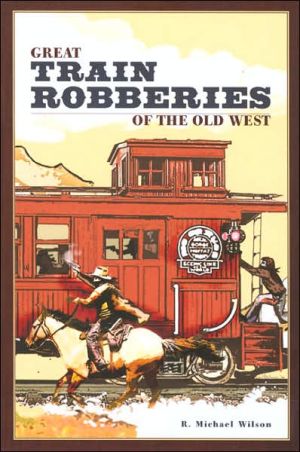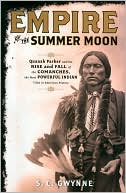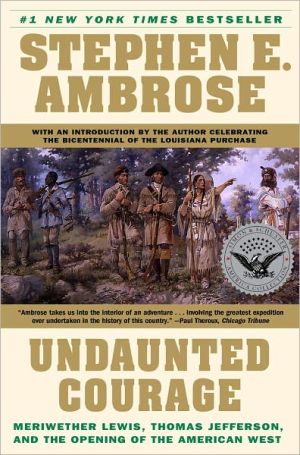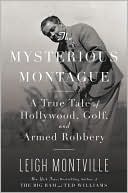Great Train Robberies of the Old West
Rails reached the West toward the end of the 1860s, and it wasn't long before road agents graduated from robbing stagecoaches to robbing trains. For outlaw gangs, there was no venture riskier than a train robbery. But, then again, no other line of work offered such potential for instant wealth.Great Train Robberies of the Old West is an action-packed collection of gangs too notorious, hauls too large, and murders too cold-blooded to fade into obscurity.
Search in google:
During the 1800s trains carried the nation's wealth throughout the east, but no one thought to rob a speeding train until 1866. In 1870 the first western train was robbed in Nevada and within hours a second train was robbed. Railroads made every alteration to their cars and changed every procedure they could imagine to thwart the robbers, but to no avail. Robbing trains became epidemic over the next five decades, even when the legislatures made train robbery a capital crime. A few of the hundreds of train robberies stand out as thrilling and dangerous affairs, and the greatest of these (15-20) are included in this book. KLIATT At first glance, this is just a collection of nicely readable adventure tales from the Western Frontier: historically accurate enough, but fairly lightweight even so. There is more substance here, though, than first meets the eye. For one thing, these are vignettes of our common history that did, in fact, really take place and involved real people making actual decisions. Real-life history trumps fiction any day of the week. While YAs will doubtlessly enjoy the action in these stories, at the same time they will also absorb some of the nitty-gritty of what life really was like in the western states not all that long ago. Two things come to mind when reading this fascinating series of train robbery stories. The first is a reminder of just how civilized the "Old West" really was. Movies and Western novels always cast their exciting tales in a cultural vacuum: each adventure takes place in some sort of splendid isolation, just as if the accessories of the larger culture—a sheriff, the federal marshals, the US Cavalry—weren't just a telegraph message away. In most of the examples in this book, the down-and-outers who carried out their robberies were swiftly isolated and hunted down on the spot by local posses, or a little later by sheriffs alerted by telegraphed warnings, or even by citizens who read their local newspapers. Given the resources at hand in even the "wildest" days of the Old West, the act of derailing and robbing a train was as foolhardy then as it would be today. The other surprise that the reader notices is just how recent all of that was. Those robbers who managed to survive their capture and imprisonment commonly lived on into the 1920s and 1930s. Many avenerable lawman or miscreant eventually pegged out during the Roaring Twenties, the Great Depression, or even later—i.e., well into the living memories of some of our own relatives. "Living history," indeed.
\ From the PublisherThe safe was cleaned out, the take being about $4,000, and then mail clerk Robert Spaulding told the robbers that there was no registered mail aboard as it had been sent on the day time run. Cornett replied that it was alright as they were not after “Uncle Sam’s money. We only want Gould’s money.” The robbers removed the obstruction from the tracks and bid the trainmen a “pleasant good night” before they rode off into the darkness.\ \ \ \ \ \ KLIATT - Raymond Puffer\ At first glance, this is just a collection of nicely readable adventure tales from the Western Frontier: historically accurate enough, but fairly lightweight even so. There is more substance here, though, than first meets the eye. For one thing, these are vignettes of our common history that did, in fact, really take place and involved real people making actual decisions. Real-life history trumps fiction any day of the week. While YAs will doubtlessly enjoy the action in these stories, at the same time they will also absorb some of the nitty-gritty of what life really was like in the western states not all that long ago. Two things come to mind when reading this fascinating series of train robbery stories. The first is a reminder of just how civilized the "Old West" really was. Movies and Western novels always cast their exciting tales in a cultural vacuum: each adventure takes place in some sort of splendid isolation, just as if the accessories of the larger culture—a sheriff, the federal marshals, the US Cavalry—weren't just a telegraph message away. In most of the examples in this book, the down-and-outers who carried out their robberies were swiftly isolated and hunted down on the spot by local posses, or a little later by sheriffs alerted by telegraphed warnings, or even by citizens who read their local newspapers. Given the resources at hand in even the "wildest" days of the Old West, the act of derailing and robbing a train was as foolhardy then as it would be today. The other surprise that the reader notices is just how recent all of that was. Those robbers who managed to survive their capture and imprisonment commonly lived on into the 1920s and 1930s. Many avenerable lawman or miscreant eventually pegged out during the Roaring Twenties, the Great Depression, or even later—i.e., well into the living memories of some of our own relatives. "Living history," indeed.\ \








